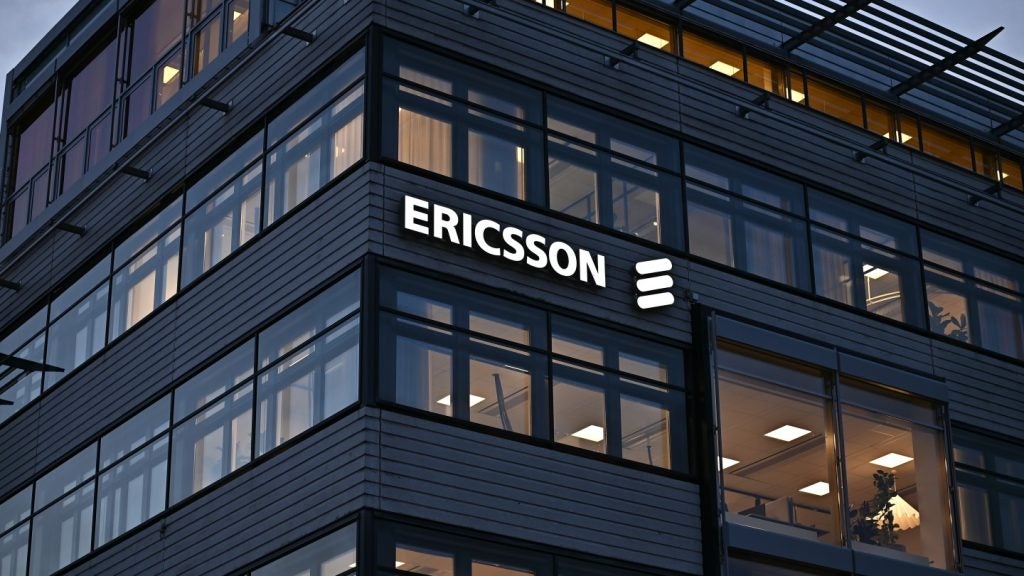
Surgery, radiation therapy and chemotherapy have long been the go-to for cancer treatment. However, cell therapy treatments are now providing an effective alternative in the fight against some cancers.
Cell therapy sees living cells injected into the patient that help to rid the body of cancerous cells.
Immunotherapy in particular has shown promise as a possible cure for cancer. These medicines enlist your immune system to help fight off cancer cells. Some work by providing a boost to the immune system, while others find and attack tumour cells.
The US Food and Drug Administration has already approved immunotherapy drugs for use in the treatment of melanoma, lung cancer, kidney cancer, bladder cancer, head and neck cancer, lymphoma and leukaemia.
However, according to the Cancer Research Institute (CRI), with more time and investment, cell therapy medications could be used to treat a range of other cancers.
The promise of immunotherapy
As things stand, immunotherapies only work on a minority of patients that they are used on. Approximately 20% to 30% of patients respond well to these treatments, according to the Financial Times.
However, any level of success is better than none. Immunotherapy is currently used in the treatment of bladder cancer, head and neck cancer, leukaemia, melanoma and prostate cancer. Cancer Research UK and the National Cancer Institute estimate than 503,000 people will be diagnosed with those cancers in 2018, so that is 100,000 to 150,000 conditions improved by these new treatments.
However, the CRI claims that immunotherapy treatments could eventually be used on more than 90% of cancer patients. Cell therapy treatments are currently in development for 14 other cancer types, including breast cancer, the most common, and pancreatic cancer, the most lethal.
Even with its current success rates, if these treatments are successfully developed, immunotherapy could help to save 628,600 people in the US and UK each year. However, with more investment, there is potential for immunotherapy to save millions of lives each year.
But are pharma companies investing?
There are only six immunotherapies currently approved for use in treating cancer. However, this says more about how long it takes for organisations like the FDA to approve new treatments than it does about pharmaceutical companies’ willingness to invest in these new treatments.
Pharma companies are working hard to find the right concoction of medicines to fight certain cancer cells. According to the CRI, there are currently close to 3,000 immunotherapy trials in progress.
Loncar Cancer Immunotherapy ETF, a conglomerate of 30 pharma leaders that have grouped together to create one fund used to develop immunotherapy treatments, gives some indication of the resources available in the development of cell therapy medication.
Combined, these companies have a market cap of $654.2 billion.
Kymriah
Among them is Novartis AG, the $190 billion company behind Kymriah. This was the first CAR-T cell therapy approved by the FDA, which is now used in the treatment of leukaemia.
CAR-T cell therapies see T cells, a type of immune system cell, removed from the patient and modified in a laboratory to attack cancer cells.
Kymriah was one of two T cell immunotherapy treatments in development at Novartis last year, as the company ran up development costs of $9 billion on more than 200 projects.
Novatis claims to have spent $1 billion on bringing Kymriah to market. However, the potential reward is far more substantial.
There are approximately 3,000 young people diagnosed with acute lymphoblastic leukaemia in the US alone each year. That means that Kymriah is competing in a $1.4 billion market. With a sale price of $475,000, analysts have predicted revenues of $159 million from the drug in 2018.
Investment in cell therapy startups
Kymriah is the first of its kind to hit the market. However, it won’t be long before Novartis has plenty of competition in the CAR-T market.
According to Biotech and Money’s Advanced Therapies Investment Report 2017, investment in CAR-T cell therapy has increased greatly in recent years.
A total of $584 million was raised by companies involved in CAR-T projects between March 2011 and March 2016 through venture capital funding.
Just $35 million of that was raised in the three years between March 2011 and 2014. In the two years that followed, investors put another $550 million into cell therapy startups.
According to investment tracking website Medical Startups, the ten biggest cancer immunotherapy startups in the world have attracted $2.2 billion in investment.
The immunotherapy market has certainly become an area of interest for investors in recent years. That shows in the recent initial public offerings of companies like Bluebird Bio and Kite Pharma.
Between June 2013 and May 2015, the six biggest CAR-T companies to IPO were valued at $962 million combined.
It has since become abundantly clear why interest in these companies is so high. Breakthroughs are coming thick and fast and medicines are beginning to find their way to the market.
Three years on, those six companies are now worth more than $30 billion combined. The likes of Kite Pharma ($12 billion) and Juno Therapeutics ($9 billion) have since been purchased by industry leaders Gilead and Celgene. Likewise, Bluebird Bio and Cellectis SA have seen their market caps rocket to $9.3 billion and $1.1 billion respectively.
Pharma giants are banking on immunotherapy as a successful cancer solution. With the cancer treatment industry set to top $150 billion by 2020, that comes as no surprise.







